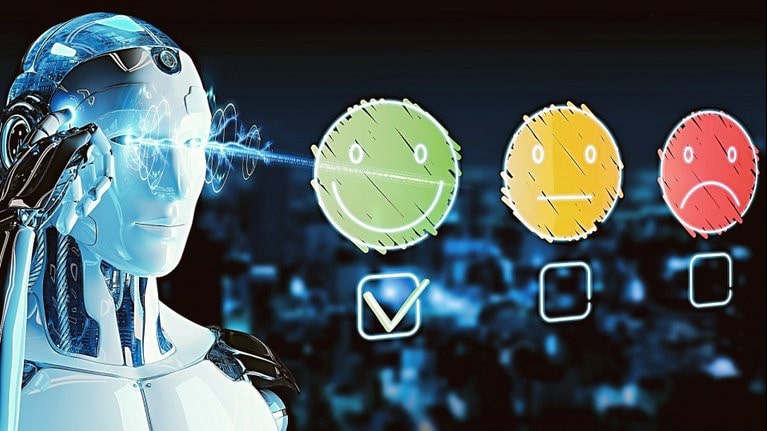Even before Microsoft released the first Graphical User Interface (GUI) operating system, there have always been cybersecurity risks. Most of them still exist today but pertaining to what is obtainable now, below are some of the common risks faced by PC users:

Top 3 Cyber risks faced by PC Users Daily
- Malware: Malware is short for malicious software. This describes any software which looks to corrupt or steal data from the computer system. Sometimes these malicious programs are aimed at destroying the device itself.
- Phishing: This is an attempt by malicious actors to gain sensitive information from unsuspecting users. More often than not, these cybercriminals send emails or forms which are camouflaged as if it were from a legit source. These emails or forms request that the user supplies their financial information or Personally identifiable information (PII) which the cybercriminal then retrieves and uses for ulterior motives.
- Viruses: These are executable programs which when run on a device keeps replicating itself onto healthy files/programs and rendering them useless. Their degrees of impact vary as some affect device performance negatively while others render the device completely useless.
Securing your Windows device and the data contained in it comes at a cost. It is however noteworthy to know that your data and system are secure from any cyber-attack that might cause you to lose one or both of them. Outlined below are some of the ways by which you can secure your Windows PC:
Top 3 Ways to Safeguard your Windows PC
- Enable Firewall Protection: Firewalls are physical devices or software which when enabled on a device or network, help filter traffic. Firewalls are configured to prevent unauthorized or suspicious traffic from getting through the network and into a device.
- Use a VPN: Downloading a VPN for a PC does not protect your device from malware but it does help encrypt your data as it is being sent from your PC to the receiving server. This would protect your data from any third parties who might intercept it.
- Install Antivirus Software: This is perhaps the most important and popular tip that PC users employ when safeguarding their PC. Antiviruses help prevent viruses from getting into the device, scan the device for viruses and delete any virus detected after its scan.
The Internet is full of many dangers. Examples include viruses, spyware, man-in-the-middle attacks, ransomware, etc. To have a safe browsing experience, employ the above tips and you can be rest assured your device and data are safe.






![[Top 9] Chat Forums on Deep Web | Deep Web Chat Rooms | Enter At Your own Risk Top 9 Chat Forums on Deep Web, The Lolita City, onion deep web, dark web lolita, lolita city,](https://www.gadgetgyani.com/wp-content/uploads/2018/03/deep-web-CHAT-FORUMS.jpg)













